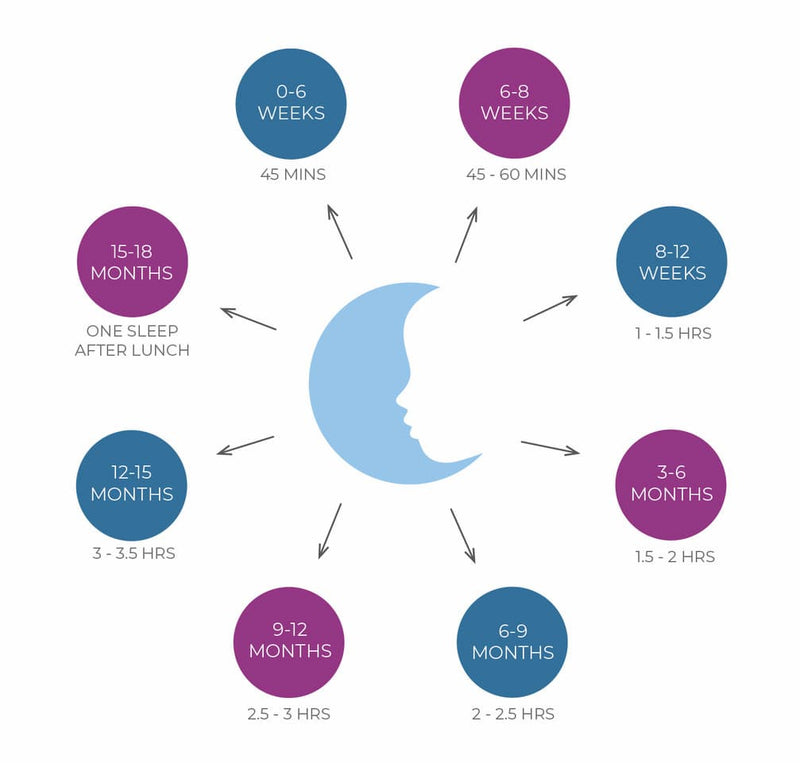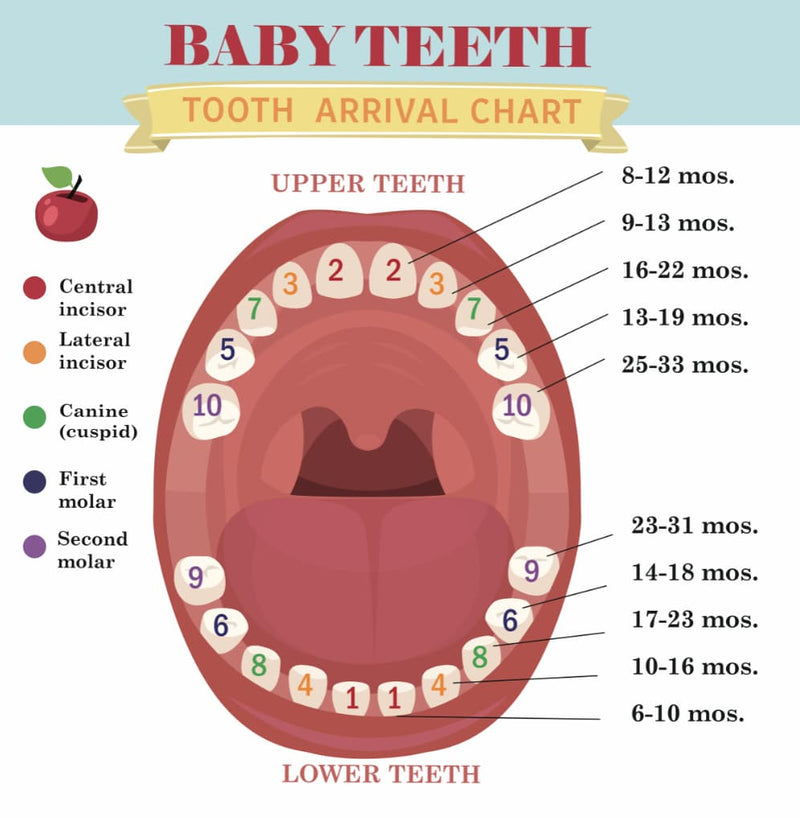
What to Do If Your Toddler Refuses to Nap
As a parent, you may have experienced days when your toddler simply refuses to take their regular nap.
While it can be frustrating and challenging to handle an overtired child, it's important to remember that every child is different, and their nap requirements may vary over time. In this blog, we will explore some practical tips and strategies to help you navigate those napless days with your energetic toddler.
-
Assess the situation
Take a step back and assess the reason behind your toddler's refusal to nap. Are they experiencing discomfort, teething pain, hunger, or other environmental factors distracting them? Identifying the root cause will allow you to address the problem more effectively.
-
Offer a quiet alternative
If your child refuses to sleep, provide a calm and quiet space where they can engage in quieter activities. Encourage them to read books, play with quiet toys, or engage in a soothing activity like drawing or puzzles. Although this won't substitute for a nap, it can still help your toddler relax and recharge their energy levels.
-
Stick to a routine
Establishing a consistent nap routine reinforces your toddler's understanding of when it's time to rest. Maintain a regular nap schedule, even if your child doesn't sleep every time. Consistency and repetition help signal to their body that it's time to wind down, offering support in developing healthy sleep habits.
The Baby Sleep Magic App will help your baby get a full nights sleep within days or your money back, Download today
-
Consider a rest time
If your toddler won't nap, implement rest time instead. Create a quiet period during the day, where your child stays in their room or a designated space, allowing them to have some downtime. Even if they don't fall asleep, this break can help reduce over-tiredness and offer a moment of relaxation for both of you.
-
Prioritise nighttime sleep
When your toddler skips a nap, overseeing their nighttime sleep becomes even more crucial. Ensure they receive an appropriate amount of sleep during the night, maintaining a regular or even early bedtime routine. Adequate nighttime rest will help compensate for the missed nap and prevent exhaustion the next day.
-
Encourage physical activity
Engaging your active toddler in physical activities throughout the day can help tire them out and make them more willing to nap. Take them to the park, encourage outdoor play, or participate in fun indoor exercises to burn off some energy.
-
Offer a winding-down routine
Develop a calming routine before nap time, similar to a bedtime routine. Engage in quiet activities, read a story, or play soft soothing music to create a relaxing atmosphere. A consistent and soothing routine can help your toddler transition to a calm state, increasing the likelihood of them falling asleep.
-
Reevaluate the nap time environment
Ensure your toddler's sleep environment is conducive to napping. Consider factors such as lighting, noise levels, temperature, and comfort. Dim the lights, minimise distractions, and create a cozy space that promotes relaxation. Adjusting these elements may create a more favourable environment for your child to nap.
-
Be patient and flexible
Remember that some days, toddlers simply don't need as much sleep as they used to. Each child is different, and their nap requirements may change as they grow. Be patient and learn to adapt to their changing needs. Trust your parental instincts and provide the best care possible.
Encountering a toddler who refuses to nap can be challenging, but there are various techniques and strategies you can implement to help your little one recharge and rejuvenate.
By understanding your child's individual needs and implementing routines, rest times, and calming activities, you can create an environment that promotes healthy sleep habits.
Remember, each day is a new opportunity to navigate the napless days with love, patience, and flexibility.
The Baby Sleep Magic App will help your baby get a full nights sleep within days or your money back, Download today
































